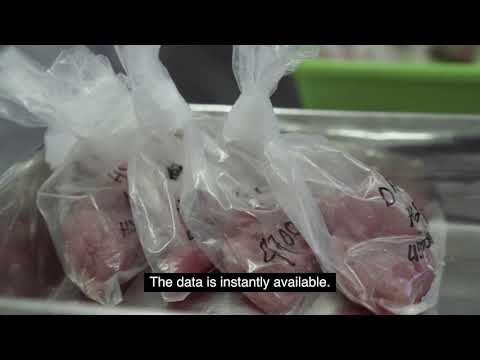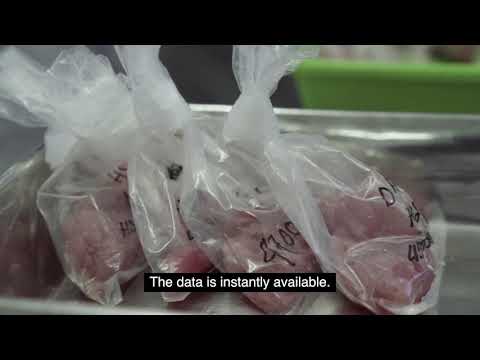Have you ever stood in a supermarket aisle with a package of fish in your hand, curious about its journey from the deep blue sea? Wondering who caught it, packed it, and shipped it?
“More and more, our consumers and customers want complete transparency in food sourcing and safety,” says Tony Costa, CIO of Bumble Bee Foods, one of North America’s largest and most iconic seafood brands since 1899. “Thanks to blockchain technology, shoppers will soon be able to gain valuable insights about their fish and how it was sustainably caught by simply scanning a QR code on their mobile phones.”
Creating a Better Planet
According to a recent WEF report on building blockchains for a better planet, experts in the fishing industry believe emerging technologies like blockchain can be used to track a fish from “bait to plate,” providing transparency and better data for decision making and sustainable management.
“We’re very excited about implementing a blockchain solution from SAP for Bumble Bee’s Natural Blue® by Anova® yellowfin tuna product,” says Costa, referring to Anova Food, acquired by Bumble Bee in 2014 and a global leader in sourcing wild-caught and farm-raised fish. “We’re working with a number of partners, including the Indonesian government, suppliers, processors, and NGOs like Fair Trade USA, to trace our tuna from its source in Indonesia to the store in the U.S.”
Handline Sourcing in Clean Water
Costa has made the trip to Ampera Village on Indonesia’s Seram Island several times to meet the men and women behind the Fair Trade Certified fishery, whose livelihoods depend on the catch of the day. As a Fair Trade Certified fishery, fisherman are ensured fair wages and safe working conditions, contributing to the overall protection of the environment and continuous community improvement.
“It is truly an amazing experience to visit these remote Indonesian fishing villages and see how we share a passion for sustainable fishing and commitment to the environment,” says Costa. “When the fishermen return with their catch, the village comes out to celebrate. The fish are taken to the local buying post, where the blockchain begins.”
Jafar, one of the local men who makes his living catching yellowfin tuna for American and Japanese consumers, says he is proud that technology can tell the story of his hard work and attest to the freshness and quality of his catch.





